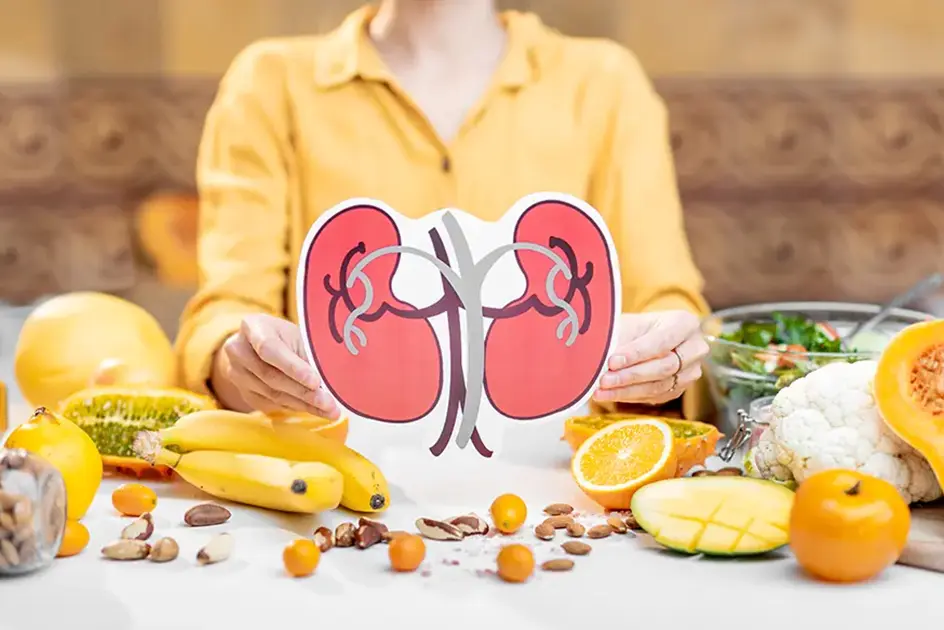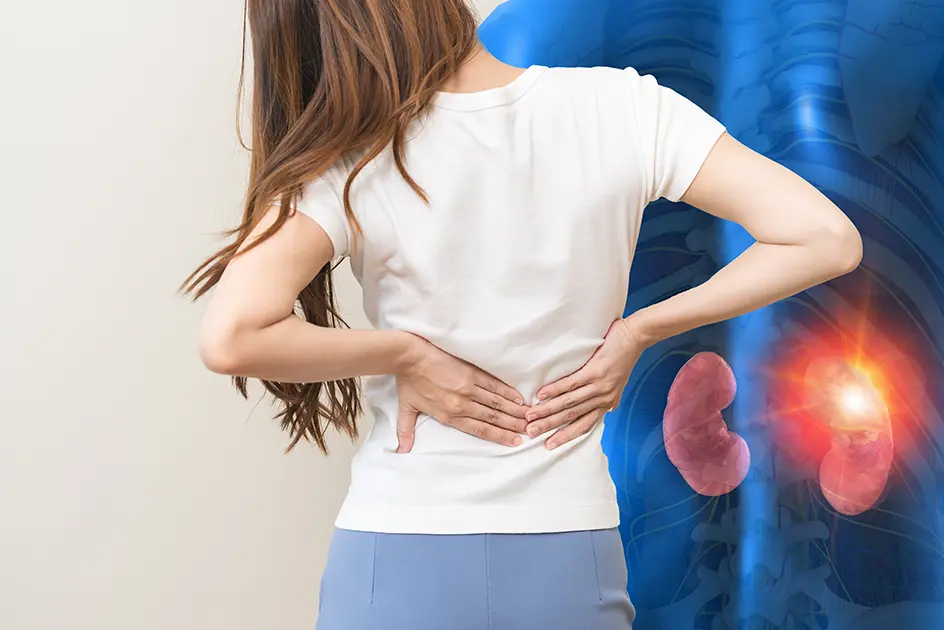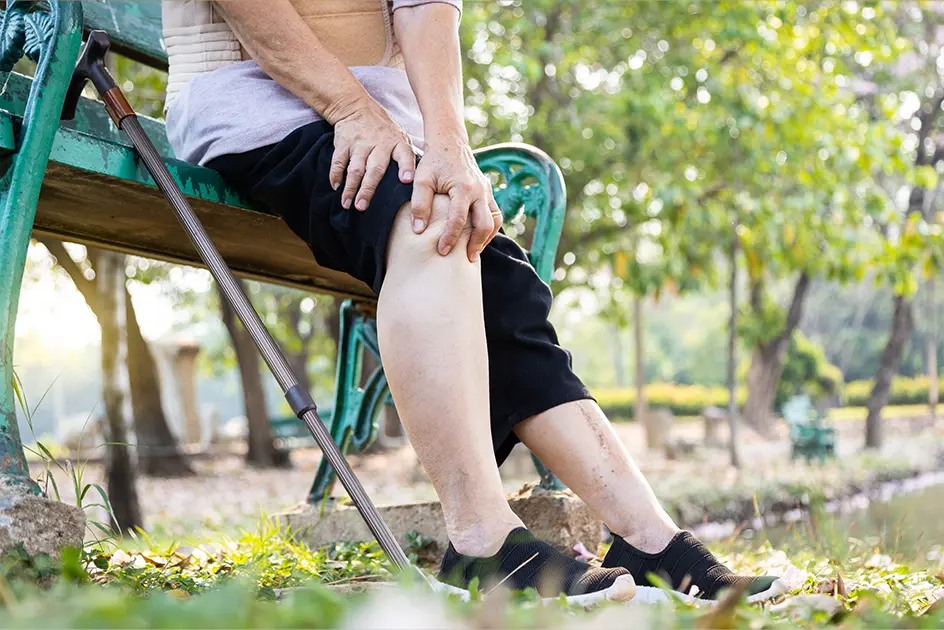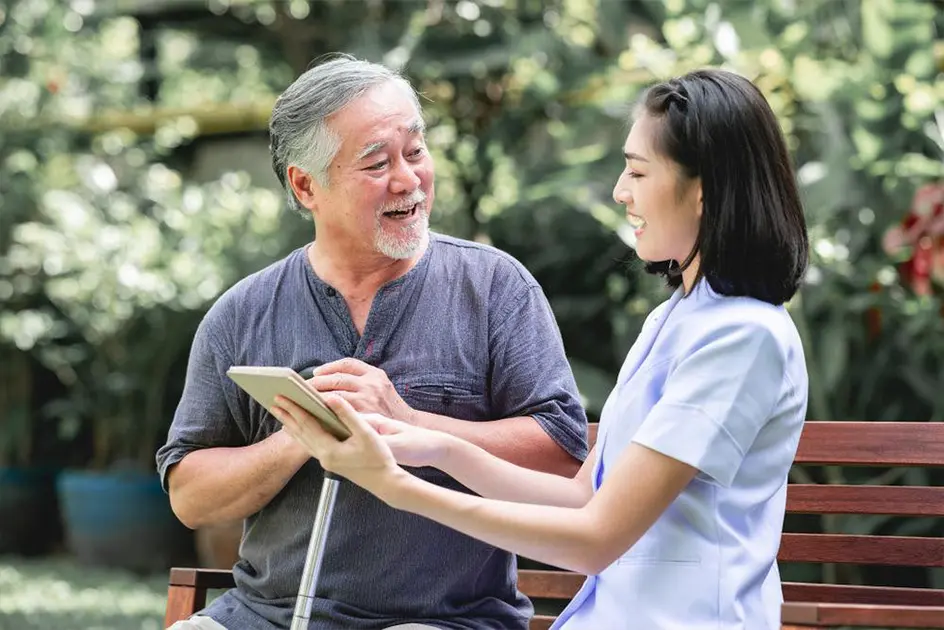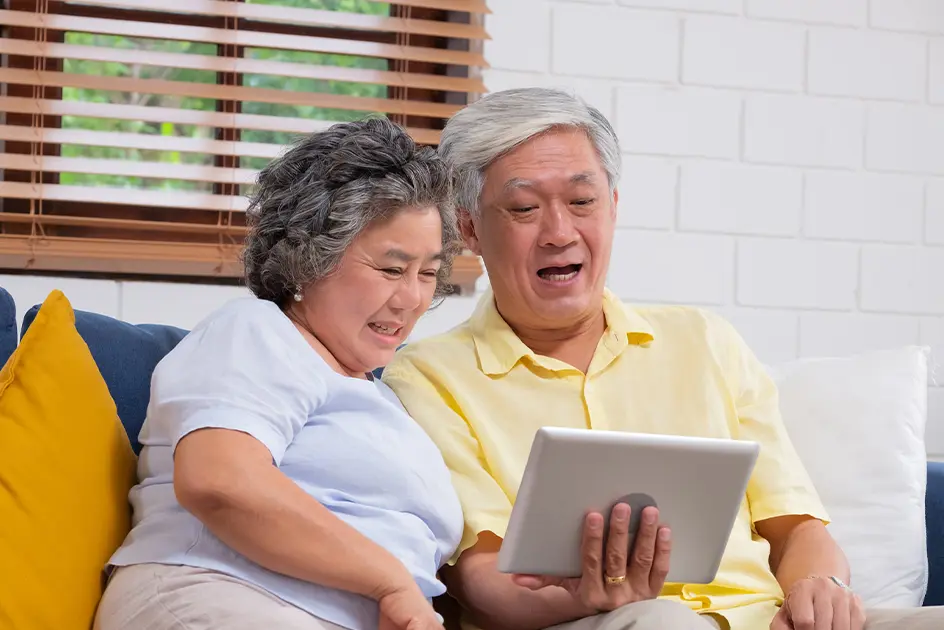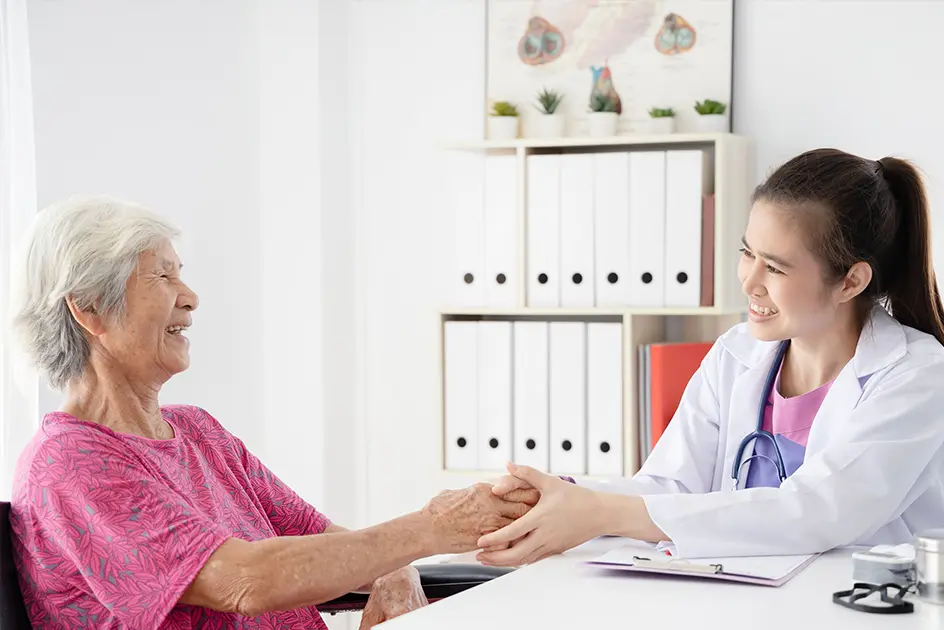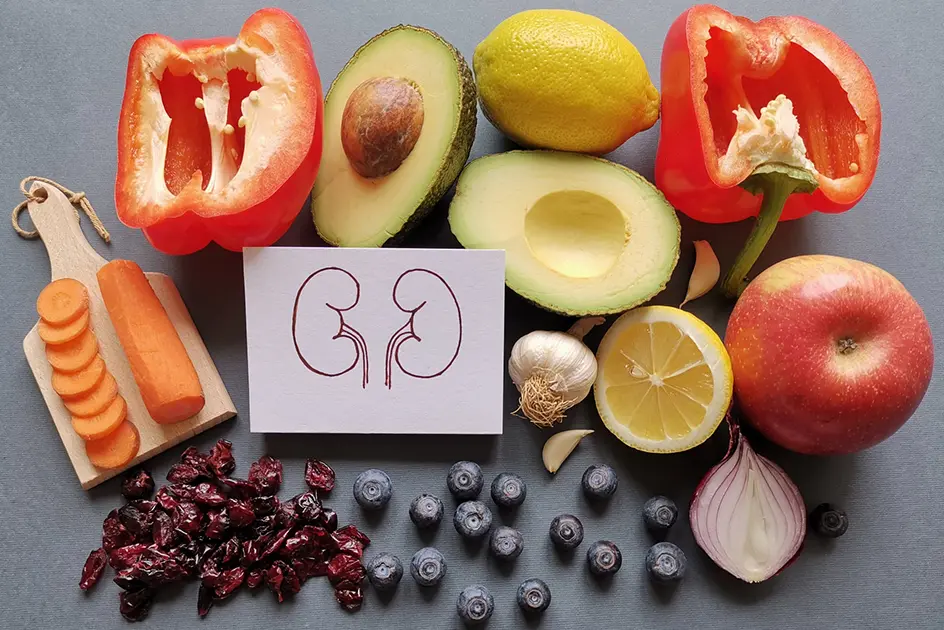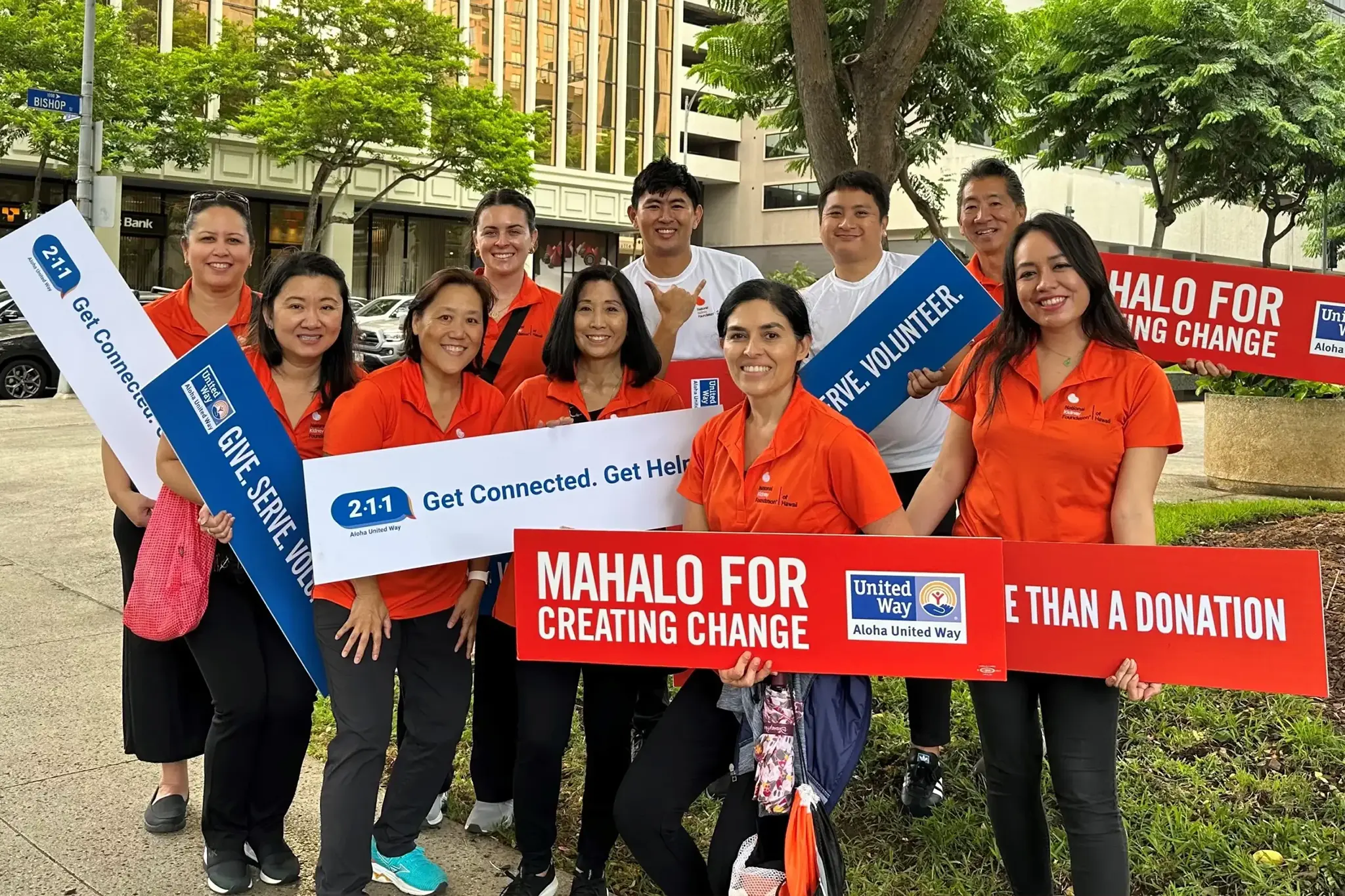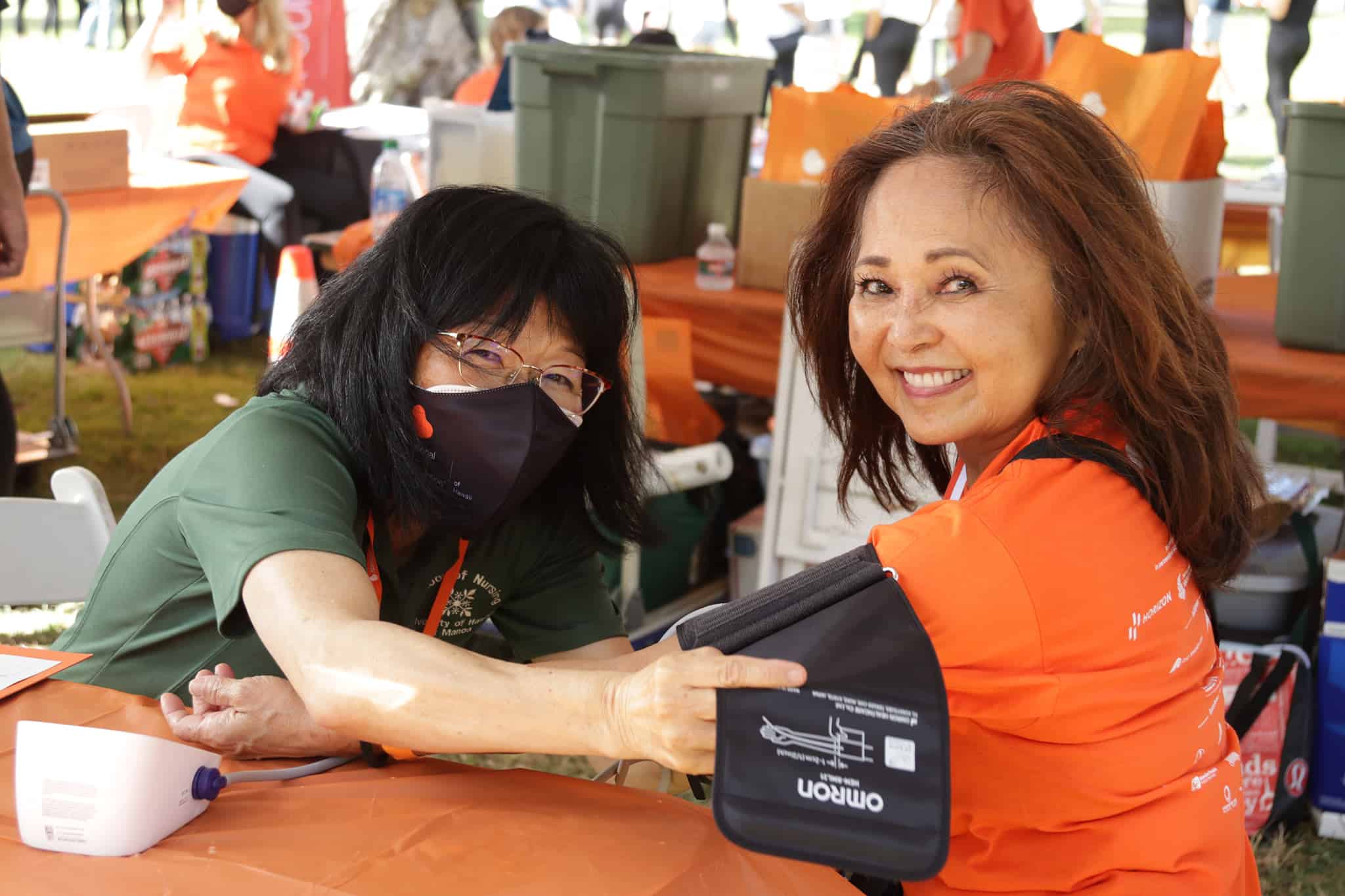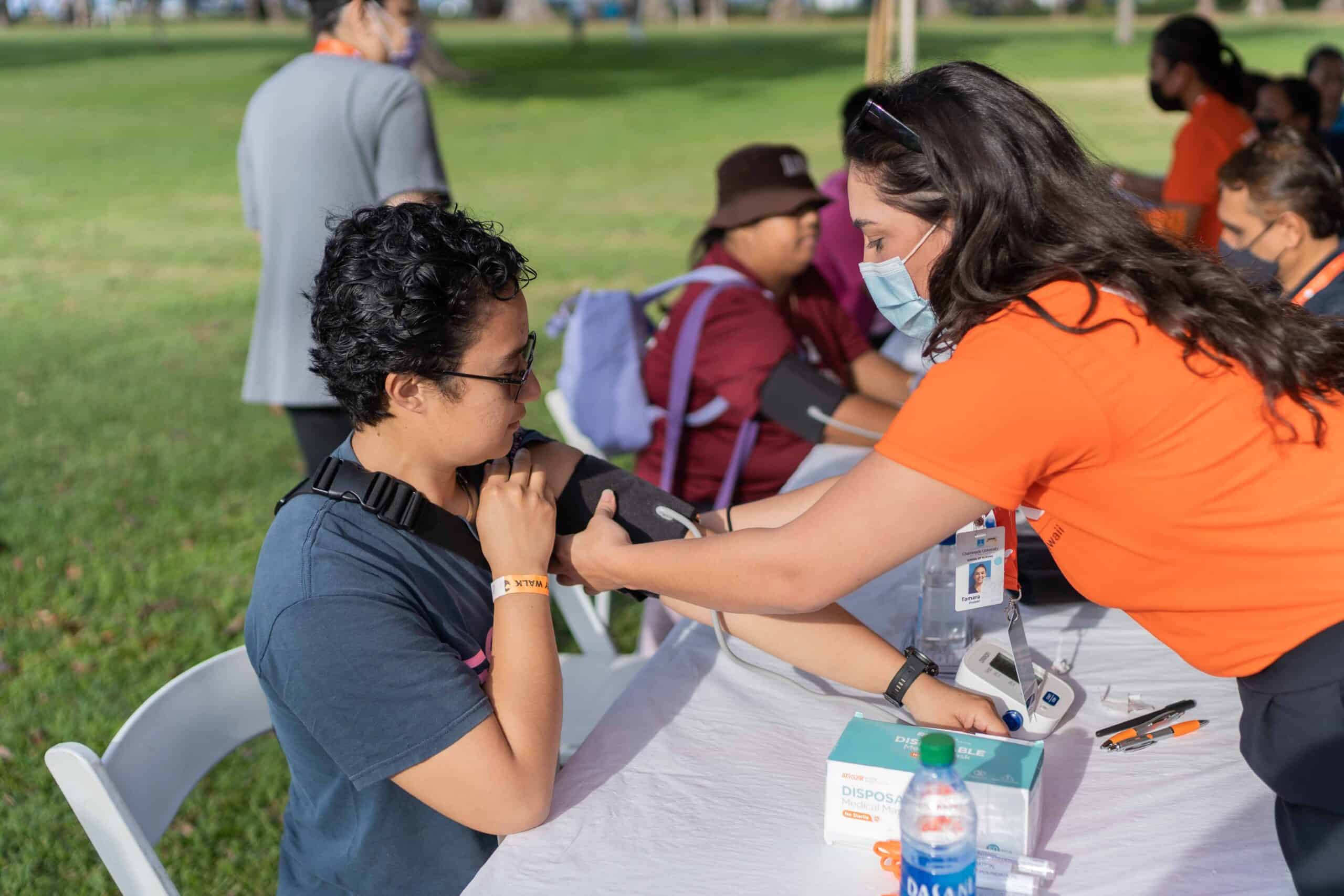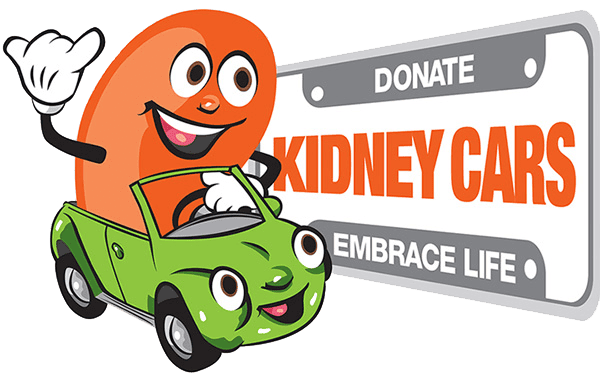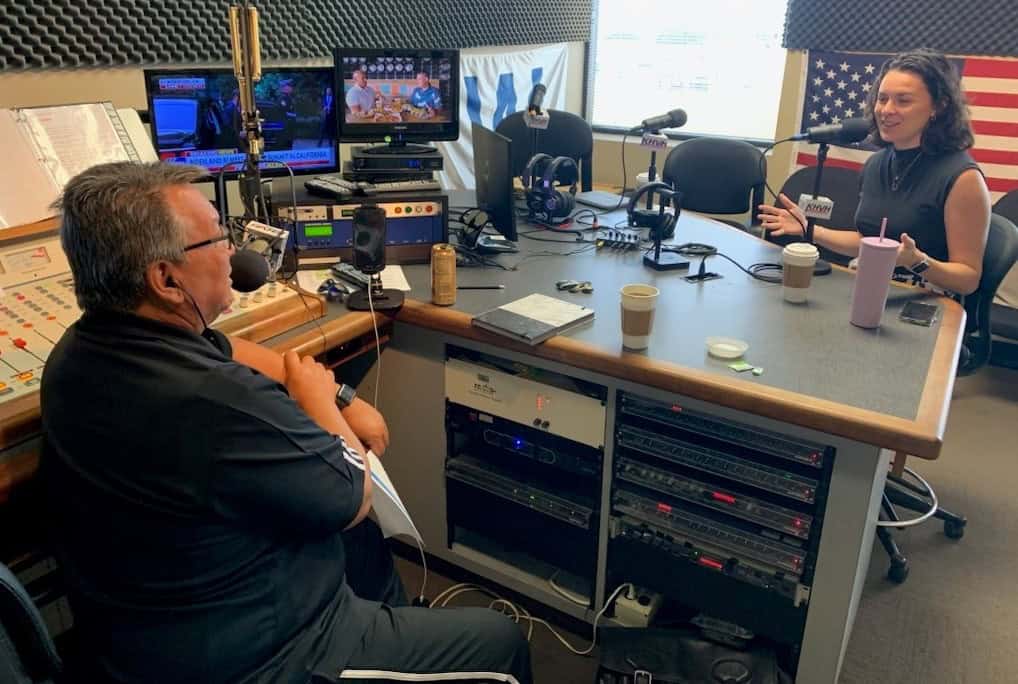In this episode of the "Sustaining Hawaii Radio Show," our own President and CEO, Glenn Hayashida, shared insightful updates and vital statistics on kidney health in Hawaii. This summary captures the essential points from Glenn’s conversation with Rick Hamada, discussing the challenges and strides we are making in the fight against kidney disease. Join us as we delve into the important work being done to improve kidney health across our islands, and explore the innovative strategies that are shaping the future of kidney care in Hawaii.
Rick: Glenn, can you give us an overview of how the need for dialysis has changed in Hawaii over your tenure with the National Kidney Foundation?
Glenn: Absolutely, Rick. When I started with the Foundation nearly three decades ago, there were fewer than 1,000 people undergoing dialysis. That number has now surged to over 4,000. It’s a significant increase that not only shows the rising prevalence of kidney disease but also underscores the growing need for comprehensive kidney health services in our state.
Rick: That's quite alarming. Besides those on dialysis, how widespread is kidney disease in Hawaii?
Glenn: It’s even more concerning when we look at the broader picture. Over 180,000 people in Hawaii are living with some stage of kidney disease. These statistics drive home the importance of our mission to not only treat but more importantly, to prevent kidney disease where possible.
Rick: With such staggering costs associated with dialysis, what financial impact does this have on patients?
Glenn: The cost of dialysis is extremely high, averaging almost $80,000 per year for each patient. These costs represent a significant challenge for patients and the healthcare system, highlighting the critical need for the supportive services our Foundation provides.
Rick: Given these challenges, how has the Foundation’s approach evolved in recent years?
Glenn: We’ve made a strategic pivot from focusing solely on treatment to emphasizing prevention. Our initiatives now include early detection and intervention, which can significantly alter the progression of kidney disease, improving outcomes and reducing the need for dialysis.
Rick: How does the Foundation respond to natural disasters like the Maui wildfires, which pose additional challenges for dialysis patients?
Glenn: The Maui wildfires were a major crisis for our kidney disease community. We quickly mobilized to fundraise and manage grants to ensure those affected received their necessary treatments, despite many being displaced to temporary housing. Our goal is to provide continuous care no matter the circumstances.
Rick: What legislative and healthcare priorities are you focusing on currently?
Glenn: A top priority is addressing the aftermath of the Maui wildfires. We're also heavily focused on the shortage of healthcare professionals in Hawaii. We support legislative changes and programs like HELP, which encourages healthcare professionals trained here to serve their community through incentives such as student loan repayments.
Rick: How has telemedicine impacted your services, especially during the pandemic?
Glenn: Telemedicine has become essential, allowing us to extend our reach beyond traditional clinic settings. It was particularly crucial during the COVID-19 pandemic, enabling us to maintain care continuity. This technology continues to play a key role in addressing medical facility capacity issues.
Rick: Looking forward, what are your hopes for the Foundation’s impact in Hawaii?
Glenn: We are looking to expand our range of services and educational programs significantly. We aim to provide comprehensive education on kidney health and related conditions to empower our community with knowledge and tools for prevention and management, ultimately reducing the incidence of kidney disease and improving overall community health.
Glenn's discussion with Rick Hamada reminds us of the critical importance of our work and the impact it has on thousands of lives throughout our state. As we continue to push forward with our initiatives—from prevention and education to legislative advocacy and crisis response—we are inspired by the resilience of our community and the tangible differences our efforts make. Remember to tune into the "Sustaining Hawaii Radio Show" on AM 830, airing every first and third Wednesday of the month at 9 AM, for more updates and discussions that drive our commitment to a healthier Hawaii. For those who missed the live broadcast, the full episode is available below, providing another opportunity to engage with our ongoing efforts to fight kidney disease.

